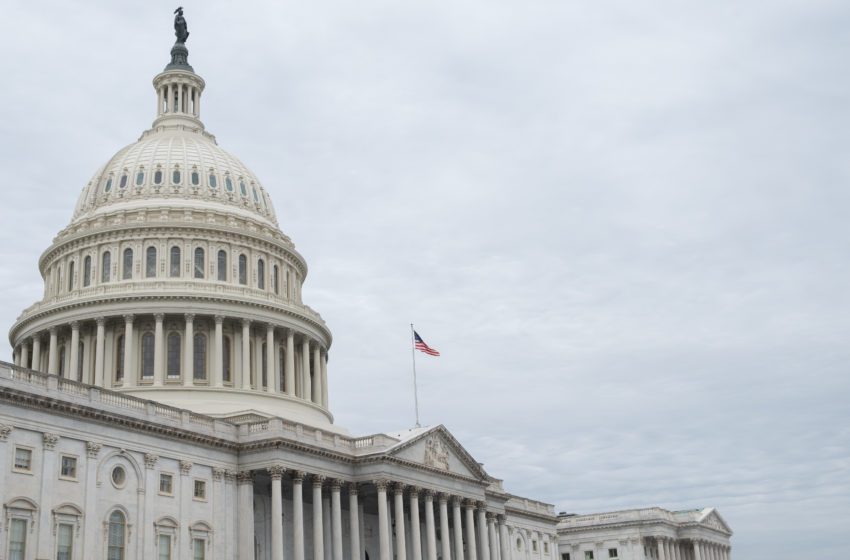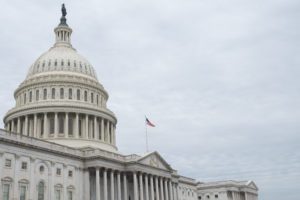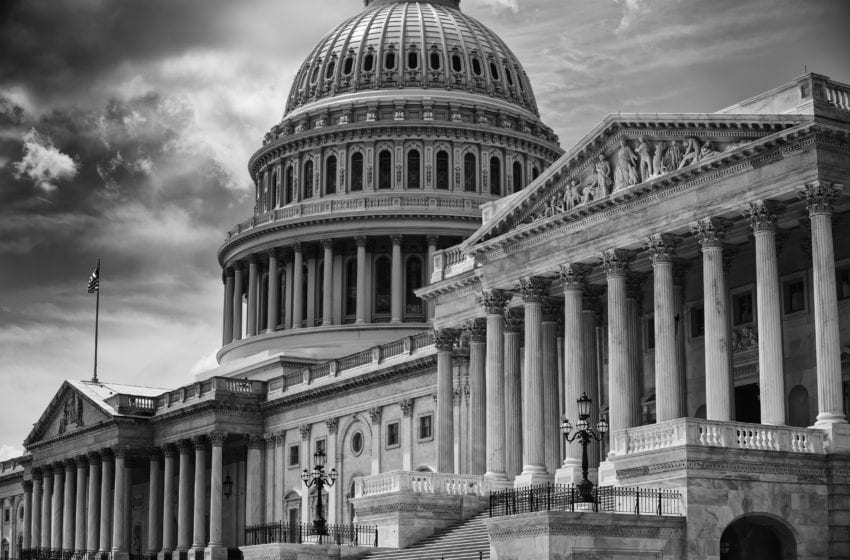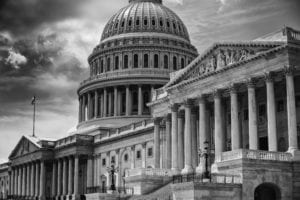
Vape retailer Haypp welcomed the news that the U.K. government has included a licensing scheme for retailers to sell tobacco, vape, and nicotine products in its Tobacco and Vapes Bill.
“As a responsible retailer, Haypp.com has long supported the need for a robust licensing system for retailers of vapes, nicotine pouches and tobacco products in the U.K.,” said Markus Lindblad, nicotine retail expert from Haypp.com.
“The absence of a licensing system in the U.K. has encouraged a wild west type environment where almost anyone can set themselves up as a vape shop. This has not only created challenges for responsible retailers, it has greatly increased the risks of underage vape use and untested products hitting the markets.
“This proposed scheme could finally bring some law and order to what has been a wild west marketplace. Our most recent annual vape report asked vape users where they bought their first vape, and with 18% saying they bought it from a shop when underage, it is clear that the lack of licensing and enforcement is encouraging underage access.”
The vape report, produced by Haypp, found that:
- 54% of UK vapers legally bought their own
- 18% of UK vapers bought their first vape from a shop when underage
- 10% of UK vapers bought their first vape online when underage
- 7% bought their first vape when underage from a major supermarket chain
In addition to this, 36% of respondents also admitted that they have purchased a vape for a minor, and 11% do so regularly, media reports.
“What we need to see now are appropriate penalties and enforcement mechanisms,” Lindblad added. “The licensing system will only be effective if there are tough financial penalties for rule breakers and the enforcement authorities are resourced sufficiently to do their job.”


















